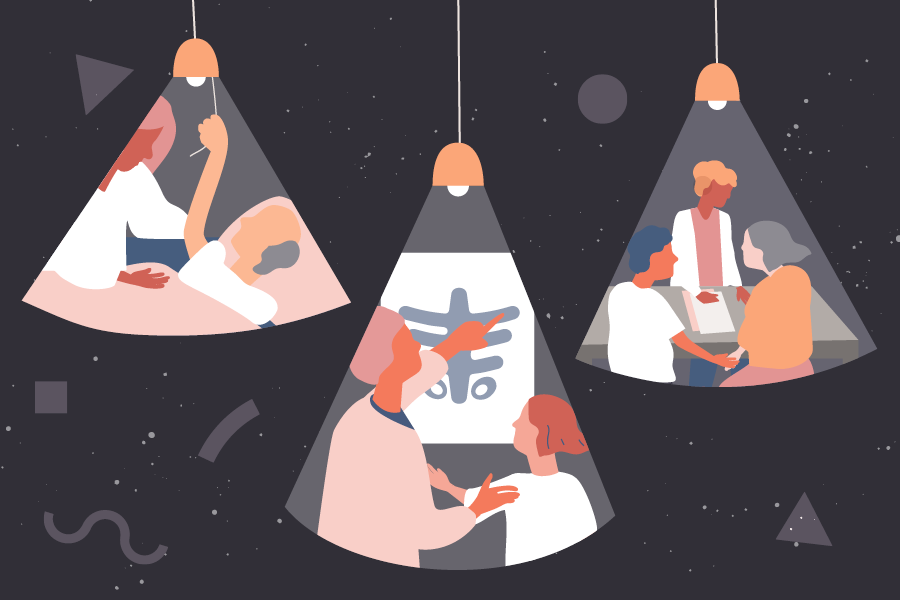In brief
In this blog, Nick Sinclair and David Robinson explore the concept of a ‘social covenant’ discussed in Danny Kruger’s recent report, ‘Levelling Up Our Communities’, arguing it must be formed around values, trust, morality and relationships.

Nick Sinclair

We were particularly struck by the use of the word “covenant”. We’ve had Compacts and Contracts and Deals. Perhaps this was just the next word in the Thesaurus, but we are hoping not.
A covenant is actually very different: The report defines it as “the mutual commitment by citizens, civil society and the state, each to fulfil their discrete responsibilities and to work together for the common good.” The language here is seemingly no accident and it got us thinking more about how an authentic covenant might change how we live and work together.
It is arguably a more familiar word to those in faith communities. For instance, Christian social thinkers, Together for the Common Good, speak passionately about “covenantal thinking” in re-affirming the relationship between the church, citizens and communities. Rabbi Jonathan Sacks points out, from a different tradition, that a “social contract creates a state; social covenant creates a society”.
It is also a term that has gained attention in a secular context. In their 2014 publication “The New Social Covenant” the World Economic Forum argues that in order to achieve a new covenant “the values that government, business, civil society and individuals use to guide their actions…need to be self-conscious, not merely driven by the inertia of accumulated interests”.
What struck us is that at the core of all of this is values, trust, morality, relationships – all the stuff that takes the commitment of time and energy to understand, harness and affect.
That challenge has been both accelerated and complicated in equal measure by the existential pressures of Covid and Brexit.
In The Moment We Noticed. the Relationships Project reported on the “undercurrents”; the shifting attitudes that were observed in lockdown and that could prefigure more profound change. These resulted in the emergence of behaviours across the sectors which were “more trusting, principle led, rather than rules based, cemented by solidarity rather than compliance, less hierarchical, more horizonal, less defensive, more can do, kinder, more emotionally responsive, personal and human.”
These are exactly the attitudes and behaviours that we understand to be the building blocks of a covenant. Of course, lockdown posed exceptional problems and imposed exceptional circumstances.
Needles will move back across the dials in the months ahead but there is no necessary reason to presume that they will settle back exactly where they were pre Covid.
Building on the lockdown experience and using the learning to construct a new social covenant will be fine art but the work feels timely and urgent.
Read more

The man in the hospital
David Robinson reflects on a day at the hospital. As Health and Social Care Secretary Wes Streeting consults on the future of the NHS, David makes the case for “critical synergy”. “We want the awesome science”, he says. “We also want good relationships - warmth and...

The Relationships Academy: Why, What and How
How can we most usefully respond to the increasing demand for knowledge about relationship-centred practice, and for support in turning that knowledge into action on the ground? This is the question that we have been actively exploring since we put forward the idea of...
